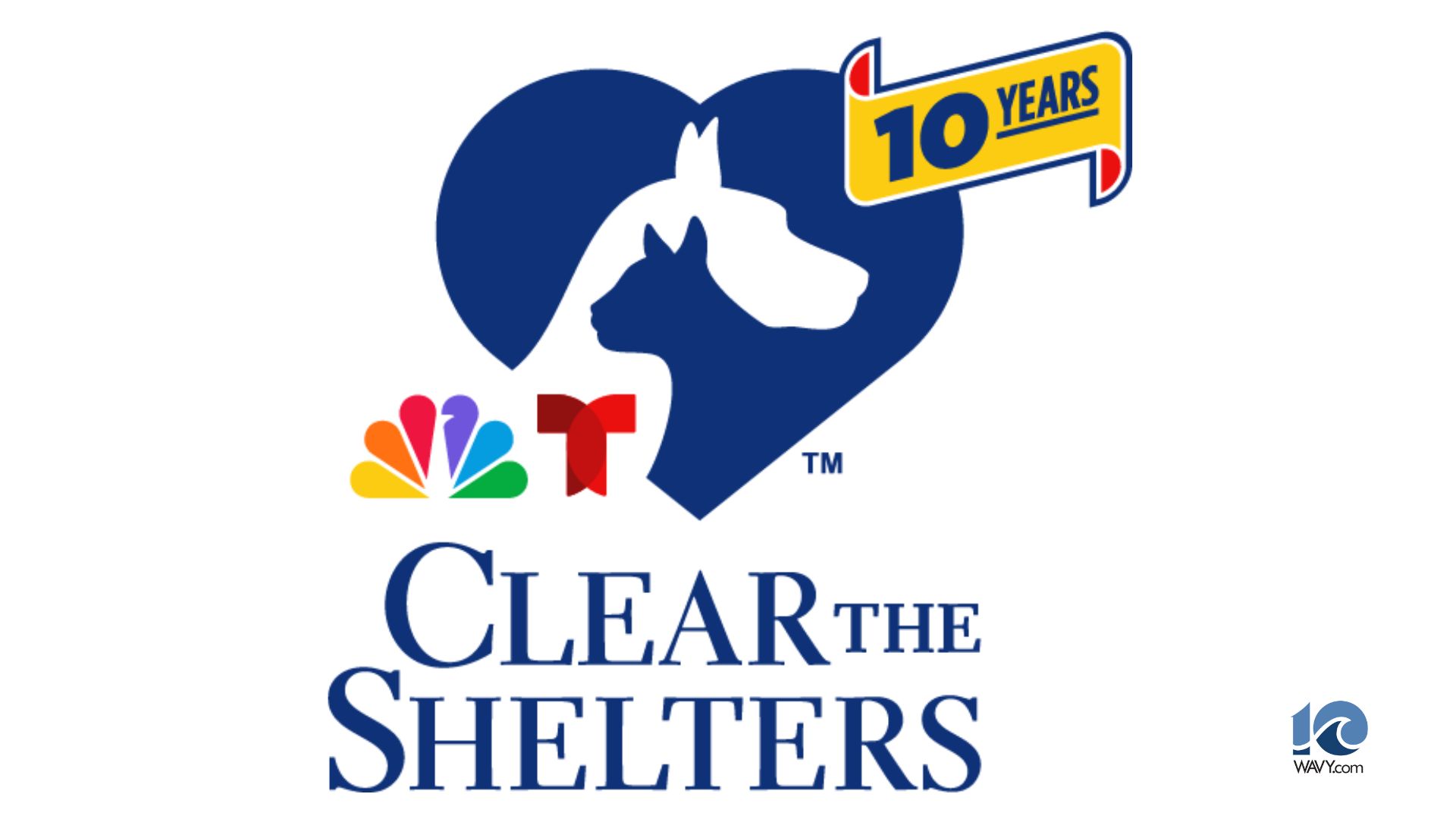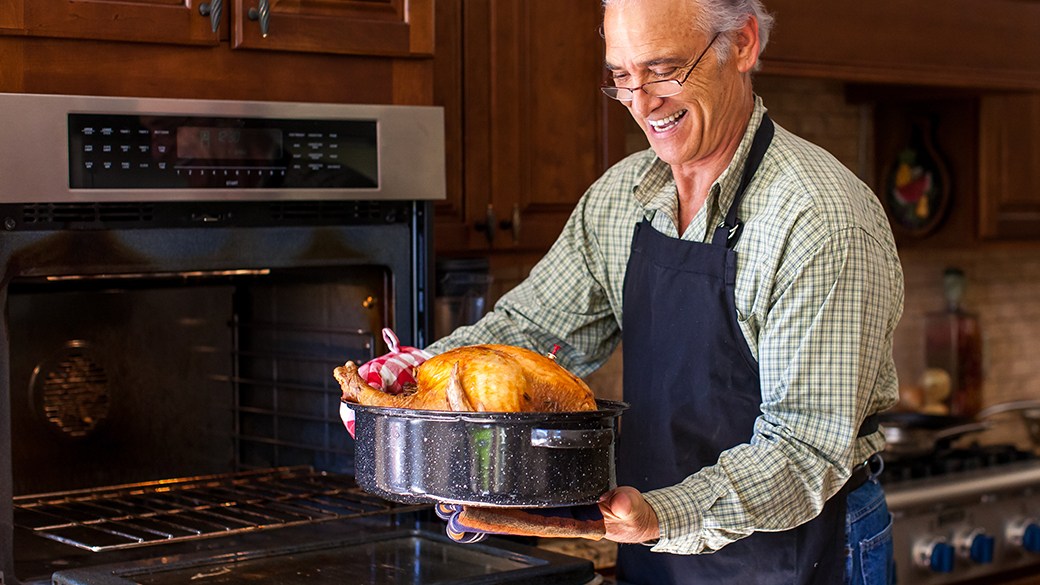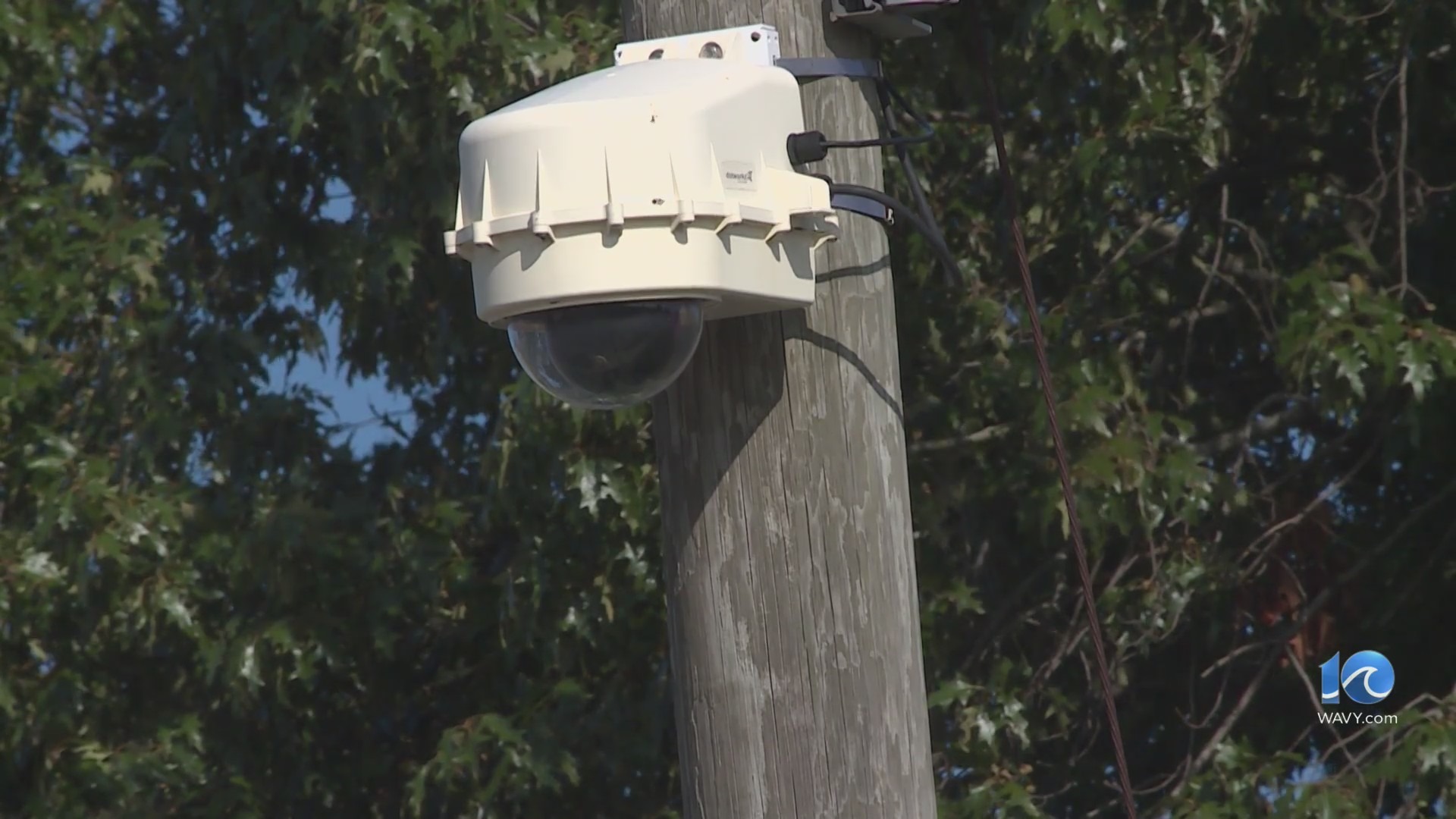SPRINGFIELD, Ill. (NEXSTAR) — Illinois could soon ban puppy mills and require retail pet stores to get their inventory from animal rescues and shelters instead.
A proposal that passed the House last month cleared the Senate late Monday night, and would impose a ban on retail pet stores from acquiring “puppy mill” dogs from out-of-state providers. The measure now heads to Governor Pritzker’s desk for his approval.
House representative Andrew Chesney (R-Freeport) said his wife brought home a dog from a corporate retail pet store and the animal quickly turned blind.
“They sell very expensive dogs, and then they have a lot of health problems because of the inhumane way that they’re bred,” Chesney said.
The measure sailed through the House with wide, bipartisan support in April.
Most of the state’s corporate retail pet stores are located in and around the Chicagoland suburbs.
Misty McCarty took out a credit card at Petland to bring Lucy home in 2016.
“I just fell in love with her through the glass,” McCarty said.
“I applied for credit,” she said. “My husband was actually really mad. He left the store when I went to go get her. He’s like, I’ll just be in the parking lot. You can’t buy a pet store dog. And I’m thinking ‘No, she’ll be fine. She looks she looks healthy in the store.'”
The purchase cost $1,400, plus interest payments and pet insurance. But that would only represent the beginning of the expenses to the family budget.
“The moment we walked into the door with her to introduce her to our other dog, she started coughing,” McCarty said. “Her chest was just sinking in.”
The medical bills started to pile up quickly. Today, a folder full of old receipts, invoices, and estimates show several quotes or charges for several thousand dollars.
“Little did I know that the Petland insurance didn’t really cover anything for her,” McCarty said.
The Petland insurance network sent her to a veterinarian more than half an hour away from home. The clinic told them Lucy had contracted kennel cough, and would recover. When she didn’t, another vet diagnosed her with pneumonia. The health problems persisted for another six months before the family took her back to the veterinarian referred to them by Petland.
“The first option was to return her and pick out a new puppy,” she said. “This was after six months of already having her in our home and taking care of her giving her all these meds.”
McCarty says they were torn with the decision when presented with the option to euthanize her, but when her young daughter asked if she would “put her down” if she got sick too, that’s when they decided to keep Lucy at home and try to find a way to keep her happy and healthy.
Five years later, Lucy is a loving member of the McCarty family who ambles quietly through the living room, with her long nails clacking on the hardwood floor. Often, she sits by the front door. Her owners imagine she guards her post on the door mat either to protect them from outsiders, or perhaps to block them from heading for the exit. But now she’s blind, she lost all brown color in her fur, and she suffers with occasional seizures.
“We can’t travel we can’t go anywhere. We can’t board her. We can’t even bring her with us,” McCarty said. “I feel like we’re watching her deteriorate right in front of us.”
The family purchased her at a Petland store in Bolingbrook. State records list Janet Star as one of the store’s owners.
“Lucy is one of those that sticks with me,” Star said in a phone call last month. “Lucy is not one of those perfect pets. We worked really hard to go above and beyond the warranty to help Lucy’s mom as much as we could.”
McCarty did get a full refund for the initial purchase, but McCarty says the health issues came with a myriad of other costs that went beyond the visits to in-network veterinarians.
“It’s not the puppy she thought she was getting, and I understand that,” Star said. “They think we’re heartless, but really we’re not. We wouldn’t get into this if we weren’t pet lovers.”
Star was one of a number of other retail pet store owners who lobbied against the new proposal they saw as misguided.
“We want puppy mills to go away, too,” Star claimed, adding that she has called for more stringent regulations to protect pets in the industry.
“The USDA regulations are very minimal,” she said. “Every one of the breeders that we get pets from exceed those regulations. People are still going to want pets, and I would consider us experts at finding good breeders.”
The statewide push to regulate retail pet stores started at the local level. Once McCarty noticed Lucy’s string of health issues, she organized an advocacy drive to ban so-called “puppy mills” in her hometown of Naperville. Another Petland location in her hometown opted to move across a highway to neighboring Aurora.
Carl Swanson, the owner of Aurora Petland store, argued that the term “puppy mill” is too vague and open to interpretation.
“Some animals do have congenital defects that could not be foreseen and only show themselves at a certain age or time,” Swanson said in an email. “Pet stores, just like shelters, rescues, breeders, farmers, or anyone that works with animals, understand that these are living breathing creatures and are subject to medical needs.”
He claimed that dogs are in high demand and short supply, and if the state requires him to purchase his pet inventory from rescues and shelters, many of those animals would likely come from foreign countries or dog auctions.
“If this bill were to pass, it would close every pet store in the state including mine,” he said.
Swanson’s name appears on a state legislative ledger with other retail pet store owners, drug makers, and some veterinary clinics who filed opposition to the House bill to regulate their inventory process.
“It’s about profit. It all boils down to money,” said Mark Ayers with the Humane Society of the United States, who called the lobbying effort to oppose the measure “downright shameful.”
“It’s truly bizarre that the State Veterinary Medical Association is coming out against a bill that helps shut down puppy mills,” Ayers said. “It’s disappointing to the veterinary community, I think, to see that. When you ask your local veterinarian if they support puppy mills, it’s a ‘Heck no.’ No one supports these types of operations.”
“There are a lot of industry groups who make a lot of money by keeping these dogs in the conditions that they’re in, and selling them at the prices that they’re being sold at,” Ayers said.
House Bill 1711 stalled in the Senate for six weeks since it cleared the other chamber. The chief sponsor in the Senate eventually called the measure to the floor after observers noted that someone in the Senate had “put a brick on it.”
“We’ve seen too many cases where a family brings home a new puppy from the pet store just to have the puppy suffer from lifelong birth defects or even die soon after being purchased,” state senator Cristina Castro (D-Elgin) said through a spokesperson. “By stopping the selling of these commercially and inhumanely bread puppies, we can hopefully encourage responsible breeding while also allowing animals that need rescued more opportunities to be adopted.”





























































